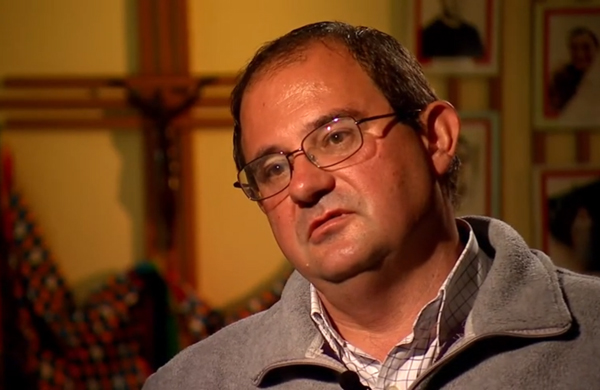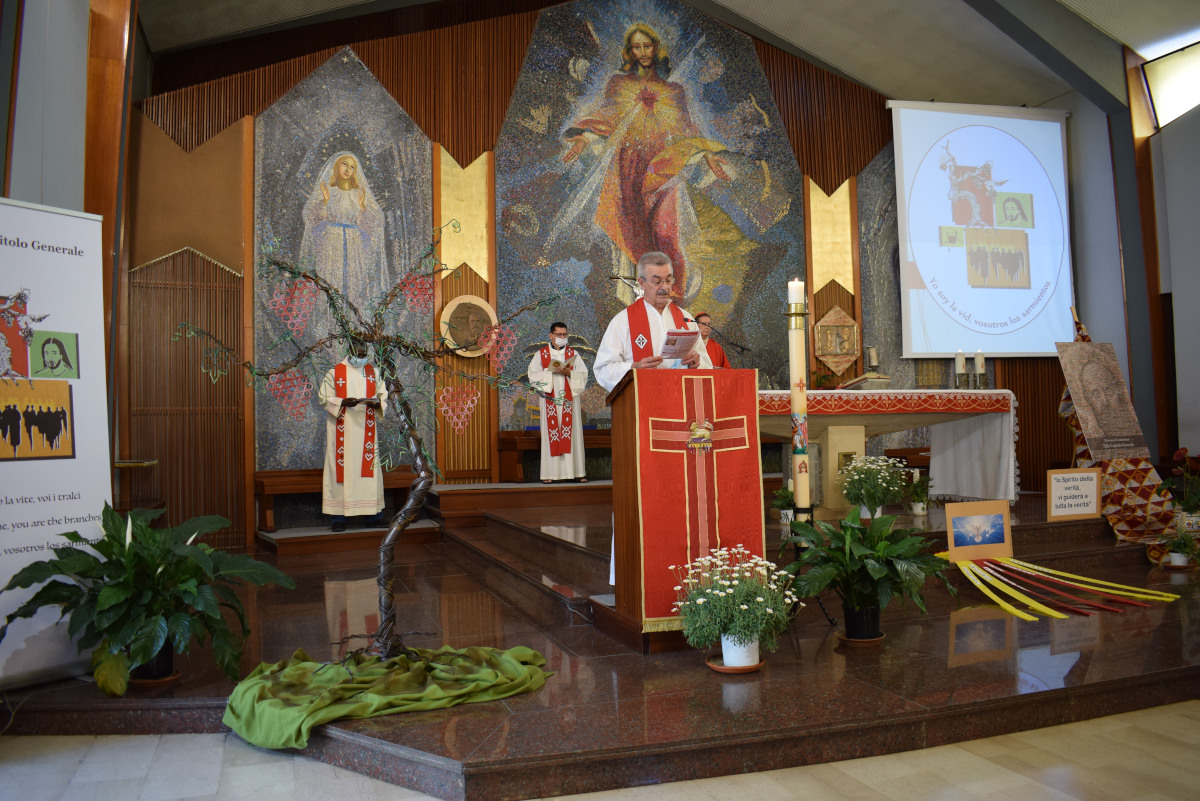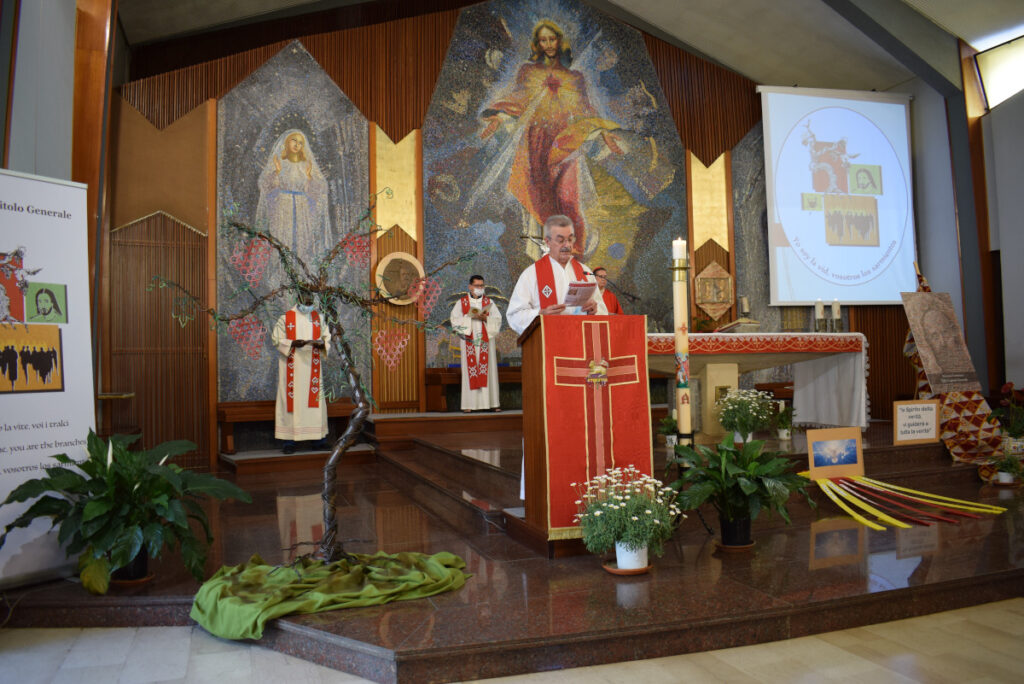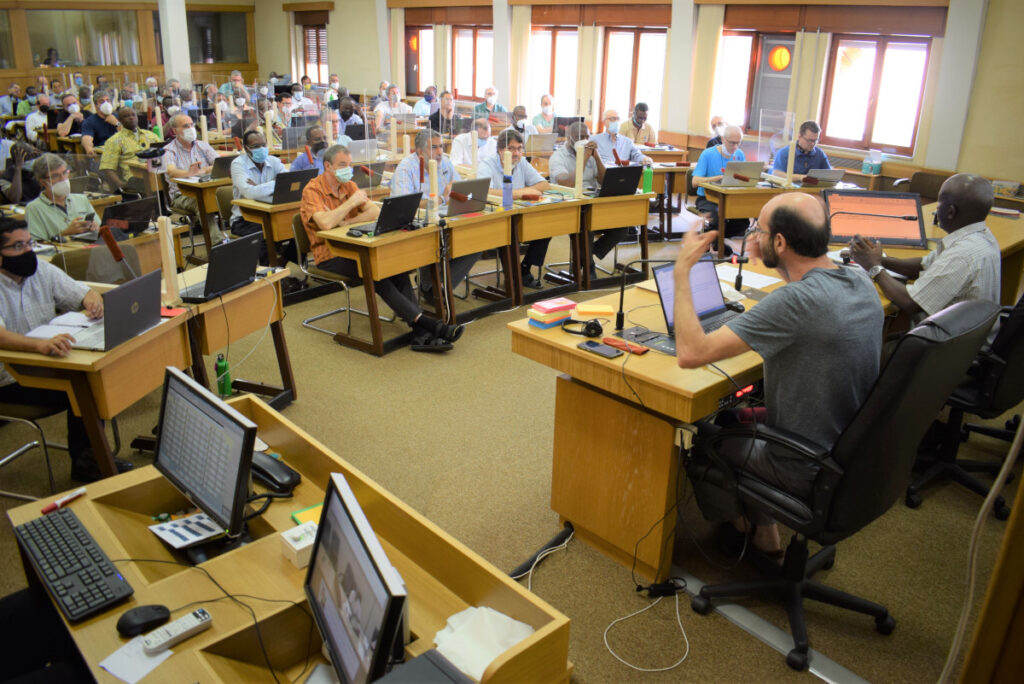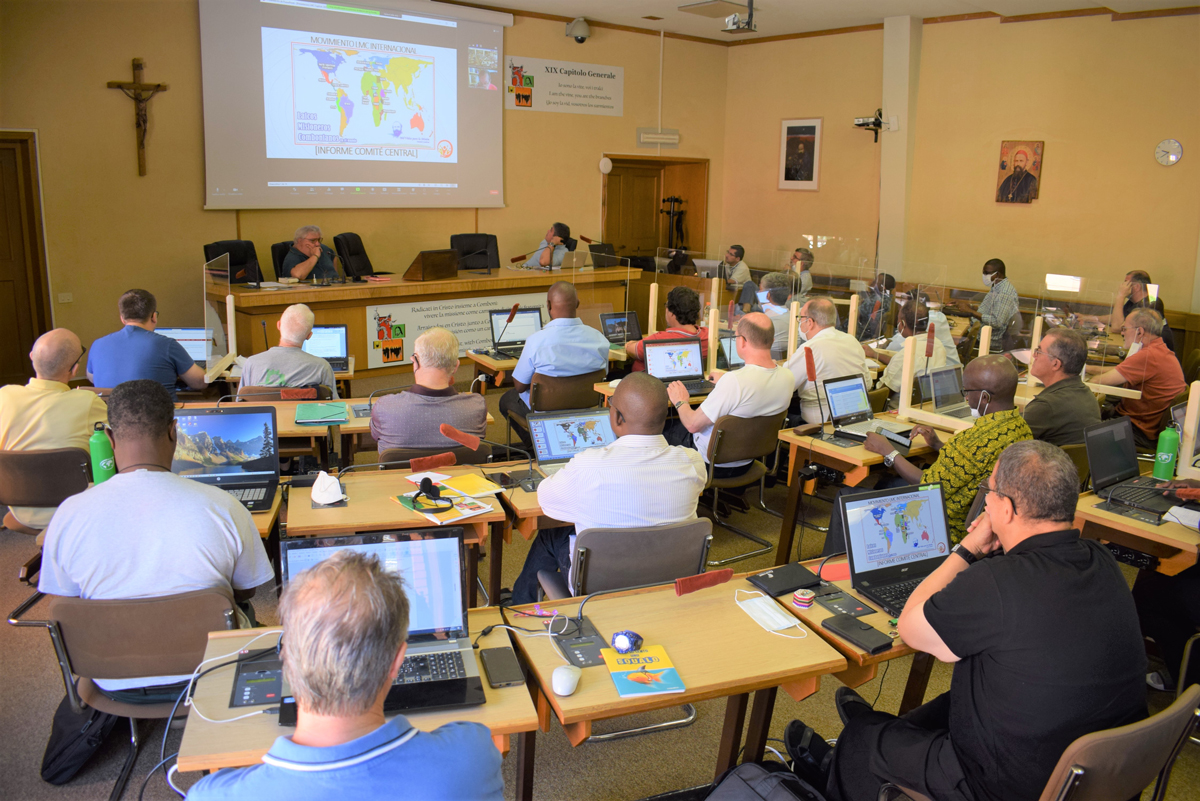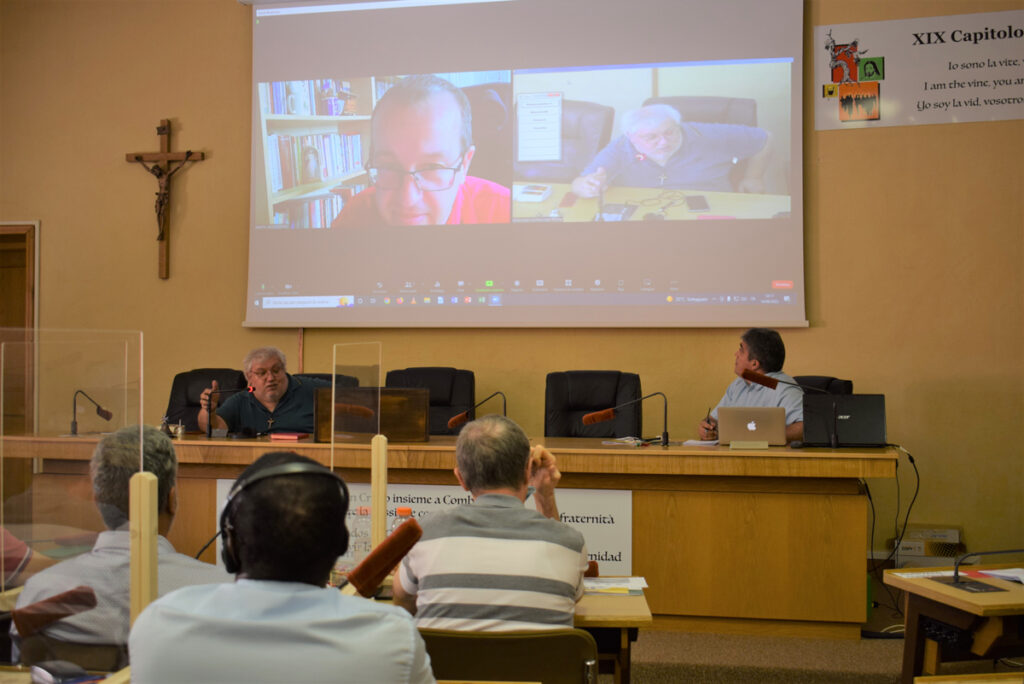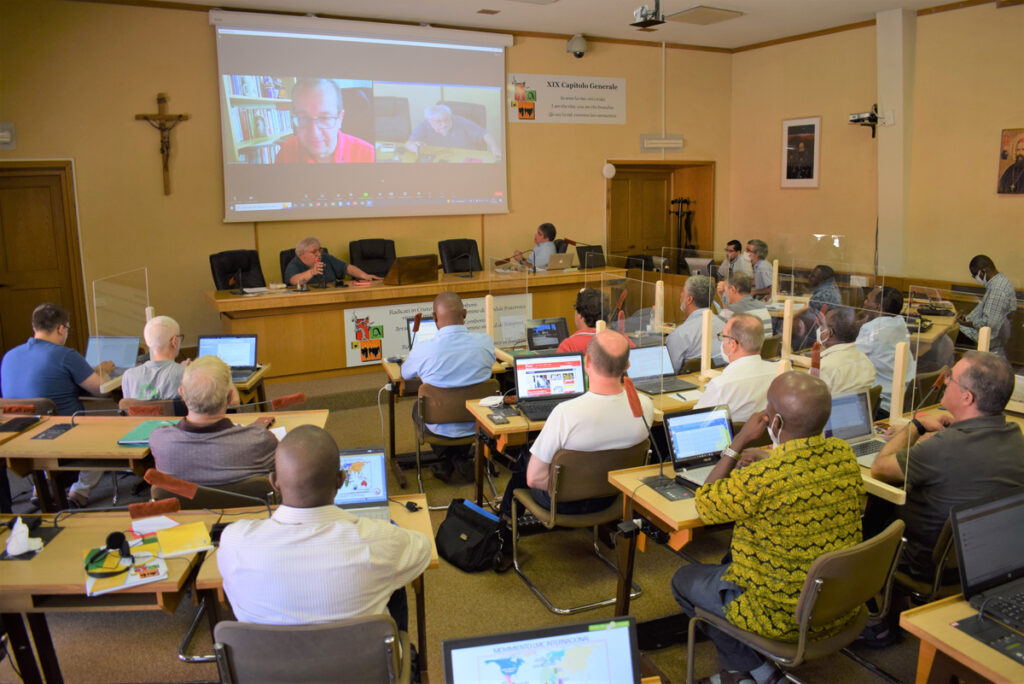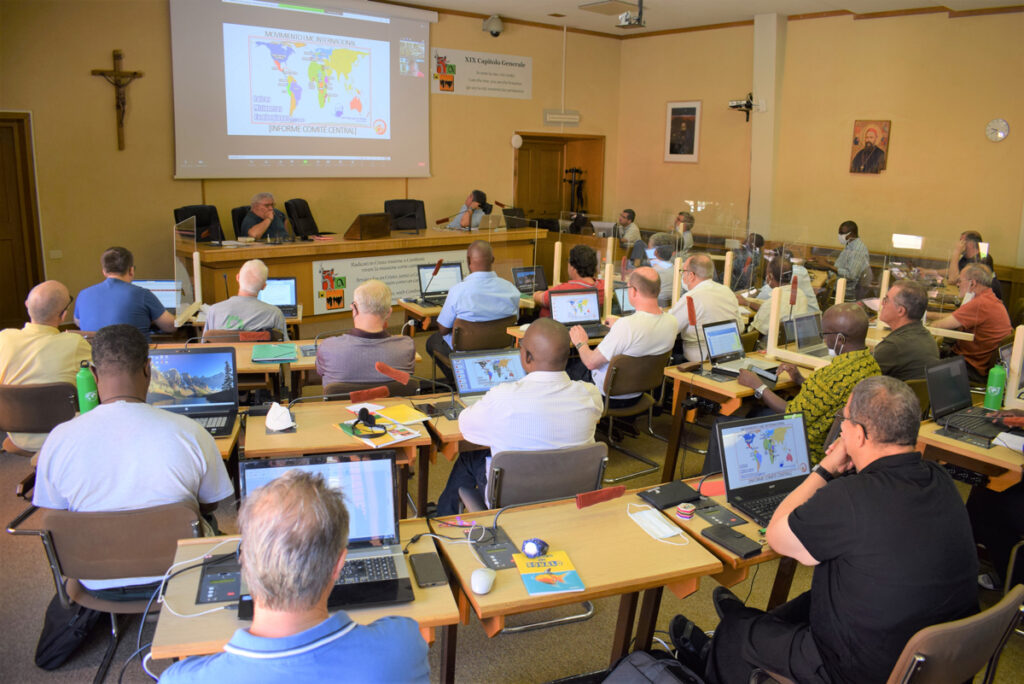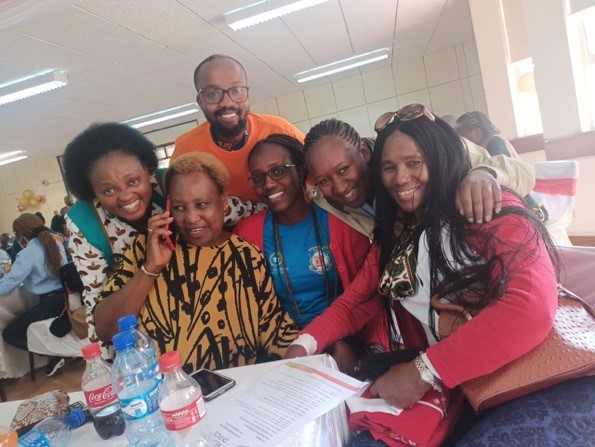
According to some prophetic calls, which have been announcing either a post-modern, or a post-religious, or better a post-capitalist era, we are now dropping into a post-hope one with a never-ending story of increasing domination of the capital owners, more disadvantages and social injustice for the hindmost in society, increasing pollution, a tremendous unconscionable abuse of water everywhere, and rivers and oceans full of plastic and chemistry. What is more, some groups of people show less commitment and more political disaffection. Nevertheless, we are meeting people who keep asking witty, remarkable, and important questions about how to manage: Is democracy still there? Is our planet earth still to be saved? What could we do?
We see these and similar questions already as a sign that humanity, that some reasonable and intelligent people still have resources in themselves and want to live according to their dignity and noble-mindedness. That is encouraging even for us. Despite many difficult situations, catastrophes and injustices, they and we do not resign, we do not give up, we do not remain passive. It is not enough to feel anger, to look for the guilty ones. Hate and violence are not in place. On the contrary.
Let us start again anew, let us come together to analyse situations in the light of the Gospel and of the Social Teaching of Pope Francis. Together we will find new ways to do better, first of all we ourselves, and then we will take courage to propose to others these new ways we find for the present and for the future. With loving tender care for LIFE!
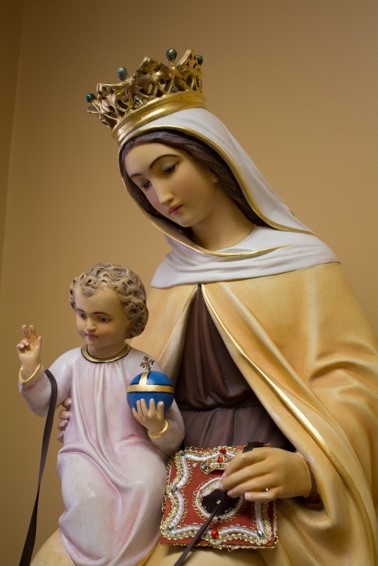
We started thinking about writing this message to you while approaching the feast of our Lady of Mount Carmel. You have certainly heard about the Dolomite Mountains in Italy and about the fact, that the mountains have changed face. So, we were inspired to look at our Lady of Mount Carmel as the caring Mother of Jesus of Nazareth, and as a role model leading a genuine life in contact with nature, in simplicity of relationships and in a creative way of life. We love to contemplate her and her family, with Joseph being the carpenter of the village. We see her enhancing wood, trees, herbs, and flowers. We see her collecting water with reverence and doing the domestic work thriftily and economically, being unpretentious, making the most with little things. With love and care for LIFE.
We feel called upon to continue our profound transformation in ourselves, in our mental and practical doing, as well as our Transformation Campaign for a new lifestyle, for a simpler life, in a way that we do not add destruction and worsen the desperate condition of our Mother and Sister Earth. Let us all leave behind the usual wild market and consumerism mindset and become families and communities with an integral human and environmental development mentality.
Let us think anew of planting trees, of always treasuring and saving water, of looking at our fields with veneration and of cultivating in us and around us an attitude of maximum respect for the Sacrality of Creation, like our ancestors did. Let us think of eliminating plastic from our everyday life and invest our creativity on how to substitute it. This is actually an affirmation of our faith in your creativity!
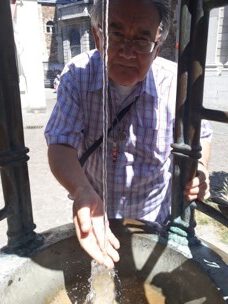
Dear friends, let us create something new! Let our homes be centres of new LIFE, quality of LIFE, like we have always seen in our vision and mission as “Social Ministers”, “Social Entrepreneurs”, “Social Transformers”. Together we dare! Together we will succeed! With loving tender care for true LIFE!
“Praise be to you, my Lord”. In the words of this beautiful canticle, Saint Francis of Assisi reminds us that our common home is like a sister with whom we share our life and a beautiful mother who opens her arms to embrace us. “Praise be to you, my Lord, through our Sister, Mother Earth, who sustains and governs us, and who produces various fruit with coloured flowers and herbs.” (LS 1)
“I do not want to write this Encyclical without turning to that attractive and compelling figure, whose name I took as my guide and inspiration when I was elected Bishop of Rome. I believe that Saint Francis is the example par excellence of care for the vulnerable and of an integral ecology lived out joyfully and authentically. He is the patron saint of all who study and work in the field of ecology, and he is also much loved by non-Christians. He was particularly concerned for God’s creation and for the poor and outcast. He loved, and was deeply loved for his joy, his generous self-giving, his openheartedness. He was a mystic and a pilgrim who lived in simplicity and in wonderful harmony with God, with others, with nature and with himself. He shows us just how inseparable the bond is between concern for nature, justice for the poor, commitment to society, and interior peace.” (LS 10) “Humanity is called to recognize the need for changes of lifestyle, production and consumption, in order to combat this warming or at least the human causes which produce or aggravate it. It is true that there are other factors (such as volcanic activity, variations in the earth’s orbit and axis, the solar cycle), yet a number of scientific studies indicate that most global warming in recent decades is due to the great concentration of greenhouse gases.” (LS 23) Due to wild exploitation! “Let us mention, for example, those richly biodiverse lungs of our planet which are the Amazon and the Congo basins, or the great aquifers and glaciers.” (LS 38)
“In the Judaeo-Christian tradition, the word ‘creation’ has a broader meaning than ‘nature’, for it has to do with God’s loving plan in which every creature has its own value and significance. Creation can only be understood as a gift from the outstretched hand of the Father of all, and as a reality illuminated by the love which calls us together into universal communion.” (LS 76) “Yet God, who wishes to work with us and who counts on our cooperation, can also bring good out of the evil we have done. The Holy Spirit can be said to possess an infinite creativity, proper to the divine mind, which knows how to loosen the knots of human affairs, including the most complex and inscrutable.” (LS 80)

“A prayer for our earth”
“All-powerful God, you are present in the whole universe, and in the smallest of your creatures. You embrace with your tenderness all that exists. Pour out upon us the power of your love that we may protect life and beauty. Fill us with peace, that we may live as brothers and sisters, harming no one.
O God of the poor, help us to rescue the abandoned and forgotten of this earth, so precious in your eyes. Bring healing to our lives, that we may protect the world and not prey on it, that we may sow beauty, not pollution and destruction. Touch the hearts of those who look only for gain at the expense of the poor and the earth.
Teach us to discover the worth of each thing, to be filled with awe and contemplation, to recognize that we are profoundly united, with every creature as we journey towards your infinite light. We thank you for being with us each day.
Encourage us, we pray, in our struggle for justice, love and peace.” (LS 246)
All of you please feel embraced with our daily prayer and affection,
Fr. Francesco Pierli MCCJ / Sr. Teresita Cortes Aguirre CMS




